
The aloha spirit is used to describe the way people of Hawaii treat each other with care, hospitality, and acceptance. It originated with the native Hawaiians who installed a tradition of welcoming newcomers with open arms. That spirit of aloha has been preserved by the generations that followed them. It has been strengthened by Hawaii’s mix of races and cultures and can be further strengthened by the actions of all of us in our daily lives.
Hawaii’s unbounded diversity strengthens the aloha spirit. This diversity comes from the many different ethnic backgrounds in Hawaii. Every time someone goes to a supermarket, a movie, or a restaurant in Hawaii, they see a variety of cultures. We go to these places daily, so we are accustomed to seeing a diversity of races everyday, it’s not at all rare. However if you grew up on the mainland and you came to Hawaii for vacation purposes, you would probably be astounded by this diversity because you are not used to seeing some of these cultures everyday. Since it is not an oddity for us to see a diversity of cultures everyday, we have become welcoming and open-minded people. Other places with different cultures are at war. For example in Iraq, the Sunnis and Shiites are having a Civil War because of their diversity, or in Fiji, the population is split up into two groups, the Fijians and the Indio-Fijians and they can’t solve their problems either. So diversity alone does not create the aloha spirit. But we’ve learned that since there is no majority population in Hawaii, the best way to get along is to get along with each other.
Diversity takes many forms. Some examples are ethnicity, religion and activities. My friends’ ethnicities in school and outside of school range from Japanese to Korean to Hawaiian to Portuguese. Their religions range from Catholic to Buddhist to Jewish. And their activities range from Hula dancing to tennis to theatre to playing the clarinet. Yet we are still able to get along and have loads of fun. This is because the aloha spirit is kept alive and built up through our differences. The aloha spirit is also kept alive by sharing different beliefs. For example, my family and teachers always encourage us to share our ideas and ensure a non-discriminatory response. The aloha spirit enhances this notion by teaching everyone to be accepting.
To teach and help newcomers was always a tradition by the native Hawaiians and is part of the aloha spirit. It’s a custom to help different cultures to adjust to our culture and to teach them what our culture is about. Family Literacy, a non-profit organization to help families become literate, focuses on two cultures, the Chuukese and Marshallese. English is barely spoken by the parents and is a second language to the children at Kuhio Park Terrace and Mayor Wright Housing; a couple of the areas Family Literacy is located. I go to Family Literacy weekly for about 3 hours to read, teach, and make crafts with the children. I’ve been an avid Girl Scout since I was 5 and ever since, I volunteer frequently to help the community. For my Girl Scout Gold Award, the highest award a Girl Scout can achieve, I intend to make a video for Family Literacy in English, Chuukese, and Marshallese to help the parents understand what their children do at Family Literacy and to promote Family Literacy. These communities add to the diversity of Hawaii, and by reaching out to these families, I have grown to appreciate their culture and the aloha spirit in its entirety.
The aloha spirit is present in the people of Hawaii. It helps us to be more caring, hospitable, and accepting. It is our unique quality that transcends all others in Hawaii. Though Hawaii has been developed and will continue to be developed, I’d like to think that the true beauty of Hawaii, what our native Hawaiian ancestors established here, will never be lost. And hopefully by having a diverse mix of cultures, by keeping the aloha spirit alive throughout our families, schools, and churches, and by reaching out to include the various races and cultures of Hawaii, we will all play a part to strengthen Hawaii’s indigenous aloha spirit.

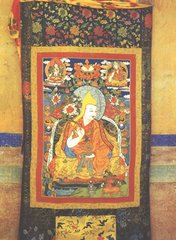
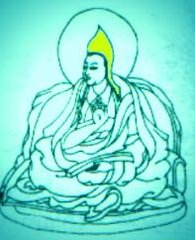
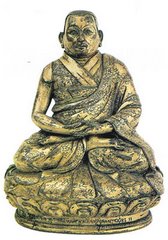
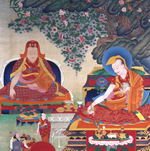
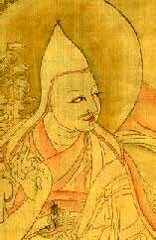
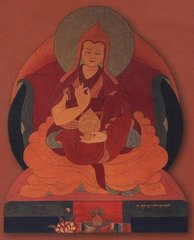

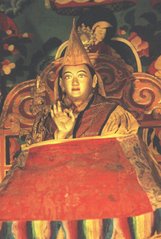


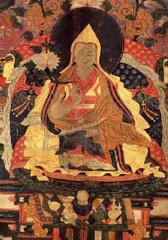
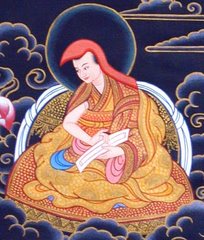
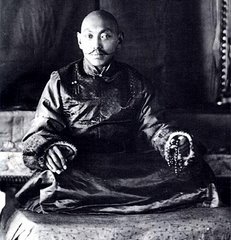
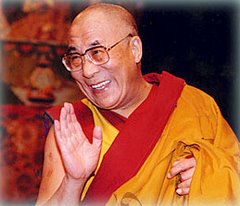
No comments:
Post a Comment